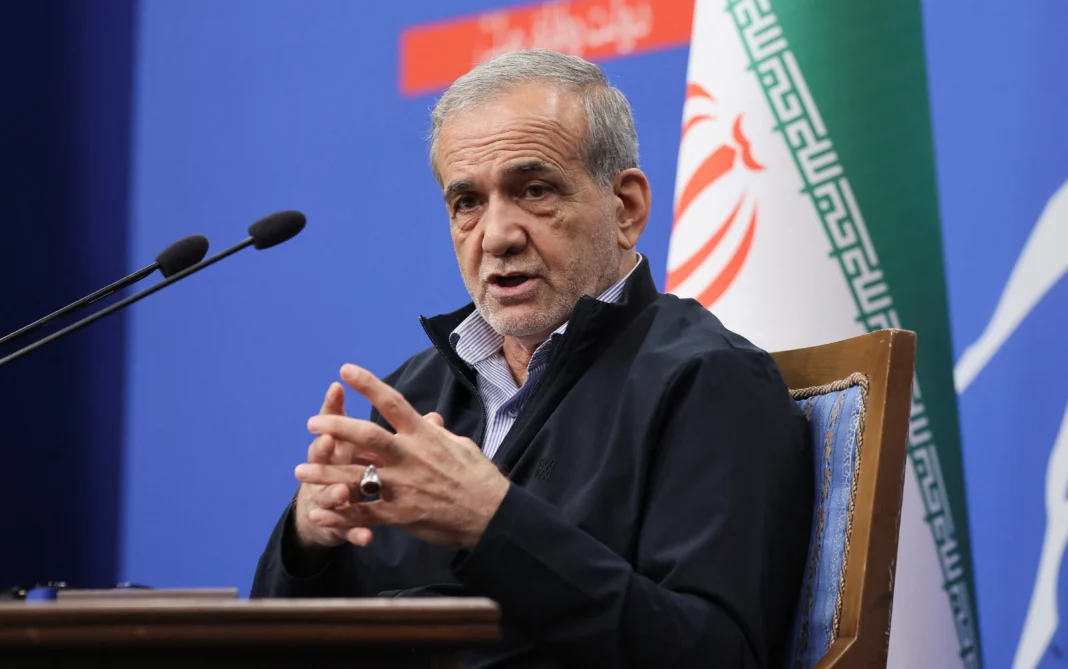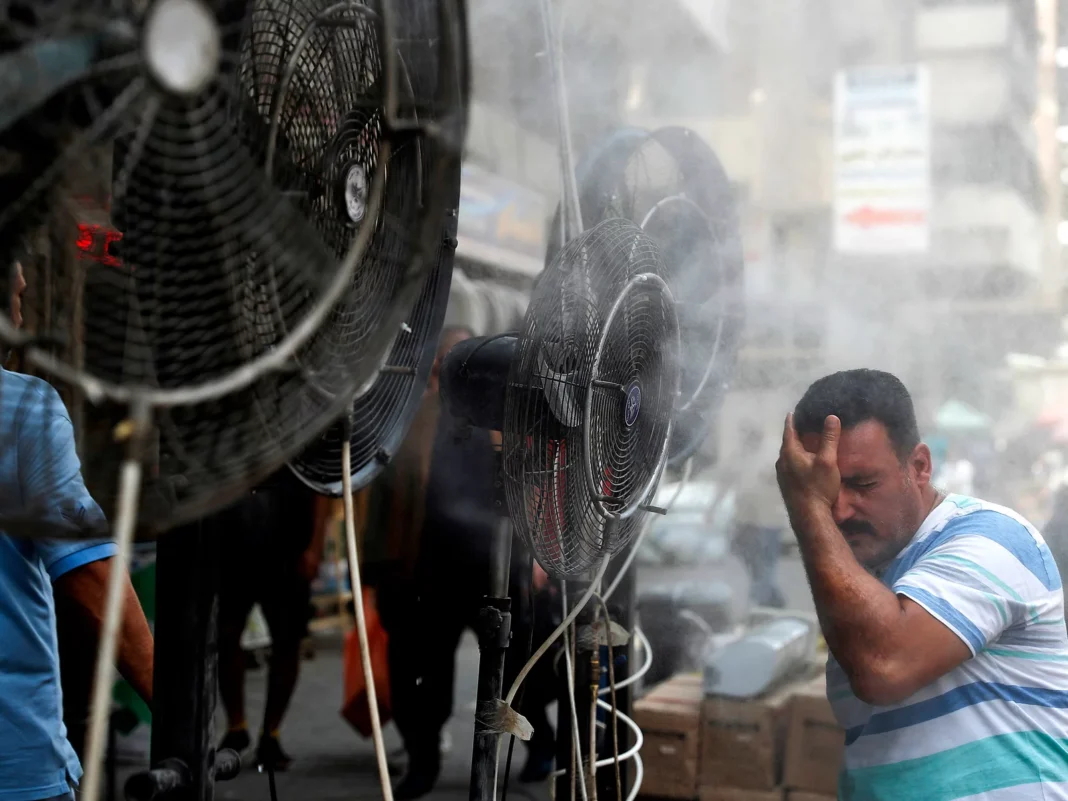Baghdad – An Israeli military strike that killed senior Iranian commanders and civilians has triggered sharp condemnation from Iran. Iranian President Masoud Pezeshkian called on Iraq to increase control over its borders and airspace. He issued this call during a phone conversation with Iraqi Prime Minister Mohammed Shia al-Sudani.
President Pezeshkian did not mince words. He stressed that Iran did not start the conflict. However, he warned that Iran would respond strongly to future attacks. “If these aggressions are repeated, more painful and crushing responses will follow,” he said.
Furthermore, Pezeshkian appealed to the international community. He urged all peace-seeking countries to take a firm stance against Israeli actions. He emphasized that defending peace, security, and stability is a shared duty of Islamic nations.
The Israeli military strike has drawn strong reactions from Iraq as well. Prime Minister al-Sudani extended condolences for the loss of Iranian commanders and civilians. He expressed deep solidarity with Iran. He also condemned the Israeli action in the strongest terms.
Al-Sudani framed Iran’s response as a justified act of self-defense. He accused Israel of violating sovereign rights and international laws. He called the Israeli government a regime based on occupation and repeated infringements.
To address the violation, Iraq submitted a formal complaint to the United Nations Security Council. Al-Sudani confirmed this during the call. He added that Iraq had already launched legal, political, and diplomatic efforts. These steps aim to hold Israel accountable for its airspace violation.
In the wake of the Israeli military strike, tensions across the region have intensified. Regional leaders are now urging calm but demanding justice. The call for increased oversight has become louder than ever.
Without doubt, this event has reignited debate over Middle East security. It has also united nations demanding accountability for military aggression.
In the wake of the Israeli military strike, tensions across the region have intensified. Regional leaders are now urging calm but demanding justice. The call for increased oversight has become louder than ever. Observers warn that continued escalation could destabilize broader Middle East security.



